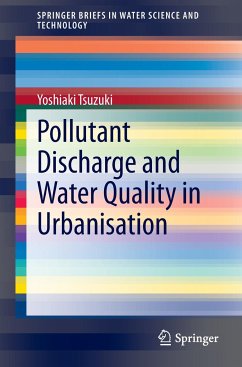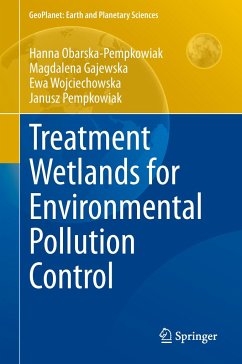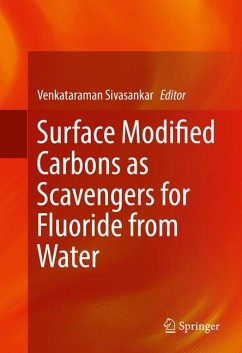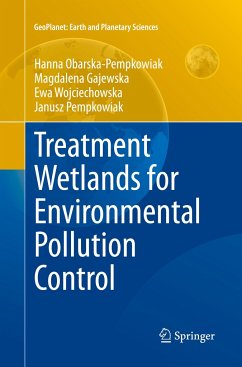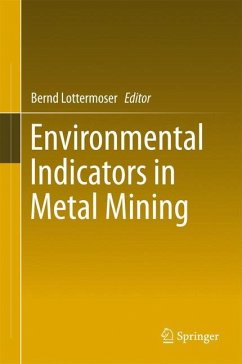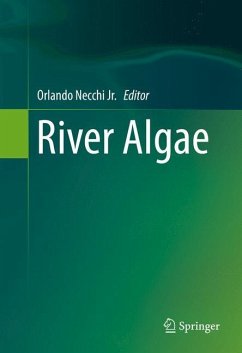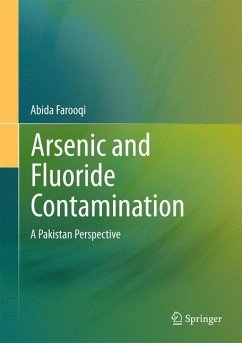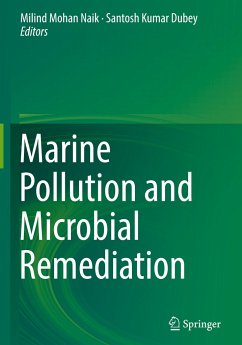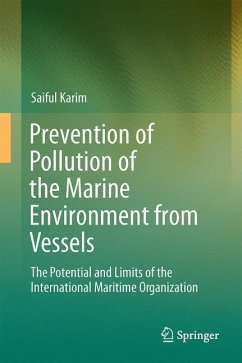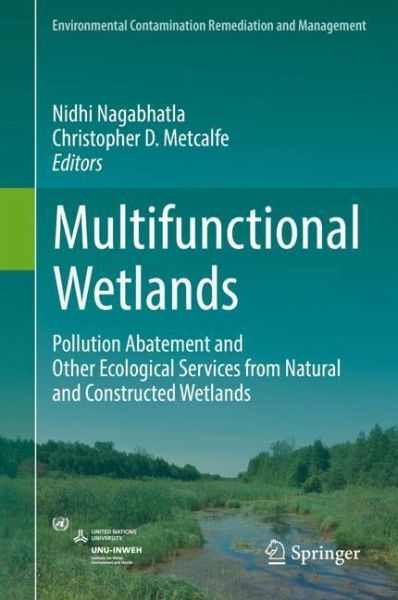
Multifunctional Wetlands
Pollution Abatement and Other Ecological Services from Natural and Constructed Wetlands
Herausgegeben: Nagabhatla, Nidhi; Metcalfe, Christopher D.

PAYBACK Punkte
61 °P sammeln!
This book describes how natural or constructed wetlands can be used to reduce pollution of freshwater and coastal ecosystems, while still preserving their biodiversity and ecological functions. Through a series of case histories described in 10 chapters in the monograph, the readers will gain an understanding of the opportunities, as well as the challenges associated with reducing point and non-point source pollution using natural, restored or constructed wetlands. The target audience will be water practitioners involved in projects utilizing integrated watershed management approaches to pollu...
This book describes how natural or constructed wetlands can be used to reduce pollution of freshwater and coastal ecosystems, while still preserving their biodiversity and ecological functions. Through a series of case histories described in 10 chapters in the monograph, the readers will gain an understanding of the opportunities, as well as the challenges associated with reducing point and non-point source pollution using natural, restored or constructed wetlands. The target audience will be water practitioners involved in projects utilizing integrated watershed management approaches to pollution abatement, as well as researchers who are designing projects focused on this topic.






